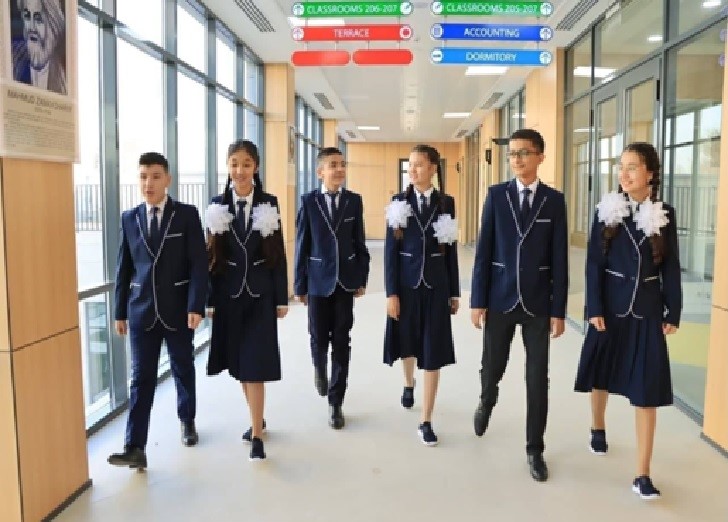 The Ministry of Development of Information Technologies and Communications of the Republic of Uzbekistan intends to install 250 infokiosks for public access to online public services this year.
The Ministry of Development of Information Technologies and Communications of the Republic of Uzbekistan intends to install 250 infokiosks for public access to online public services this year.
The kiosks will appear in crowded places like post offices and notary offices with priority to remote and hardly accessible areas, where the population often faces certain technical problems with Internet access.
The stalls will provide free access to public online services. Today, despite their availability, the rural population far not always takes advantage of this opportunity in view of low information literacy. The booths will help them to get connected to the global network in a simple and clear way in two languages - Russian and Uzbek.
The Ministry of Development of Information Technologies and Communications is currently in process of procurement of imported equipment from headmost international manufacturers. However, software will be completely domestic. It is expected that it will be developed by the Uzbek-South Korean joint venture LG CNS Uzbekistan.
The initiative is just the first part of the pilot project. After installation of 250 kiosks and their operation for a certain period of time, experts will analyze the demand for the services, and their returns. A decision on the purchase of the following batch of equipment will be made upon the results of the analysis.
The establishment of the country’s own innovation center, a sort of a domestic Silicon Valley, is another interesting initiative. According to experts, the establishment of the innovation center would provide a platform and an enabling environment for local software developers as a motivation for the development of more sophisticated software products, including export-oriented ones. Moreover, that would trigger the development of IT-outsourcing.
In the long term, the project should grow into a free economic zone, a concentration of companies specializing in the development and manufacture of computers and their components, software, mobile devices, biotechnologies and other high-tech products. Tat, in turn, would give impetus to the development of related infrastructure, as well as other services.

























